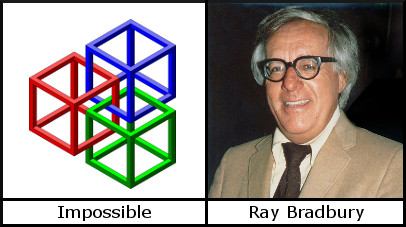Walter Barbee? Walter Barbie? Walter Barbe? Robert Alcorn? Nancy Reese?
Question for Quote Investigator: A cogent adage aimed at teachers begins with the following phrase:
If you’ve told a child a thousand times and he still does not understand…
The full expression concludes with a reversal of the traditional supposition and indicates that the teacher is the slow learner instead of the student. Do you know who should be credited with this saying?
Reply from Quote Investigator: The 1978 book “Inviting School Success: A Self-Concept Approach to Teaching and Learning” by William Watson Purkey contained the following passage. Boldface has been added to excerpts:1
As Walter Barbe commented in an in-service workshop address (Marshall University, 1977): “If you’ve told a child a thousand times, and the child still has not learned, then it is not the child who is the slow learner.” The role of the teacher is to extend consistently the invitations most likely to result in students feeling better about themselves and working to learn more in school.
In 1986 “The Orlando Sentinel” newspaper of Orlando, Florida stated that Walter Barbe was the editor-in-chief of “Highlights for Children” magazine, and the paper recounted some of his comments made before a group of teachers in Seminole County, Florida:2
“If a child does not grasp a lesson when it is first presented, do not just repeat the lesson and increase the volume,” he said. “Try another way, another modality.”
“After all,” Barbe said, “if you have to tell a child something a thousand times, perhaps it is not the child who is the slow learner.”
Here are additional selected citations in chronological order.
Continue reading “Quote Origin: If You’ve Told a Child a Thousand Times, and the Child Still Has Not Learned, Then It Is Not the Child Who Is the Slow Learner”